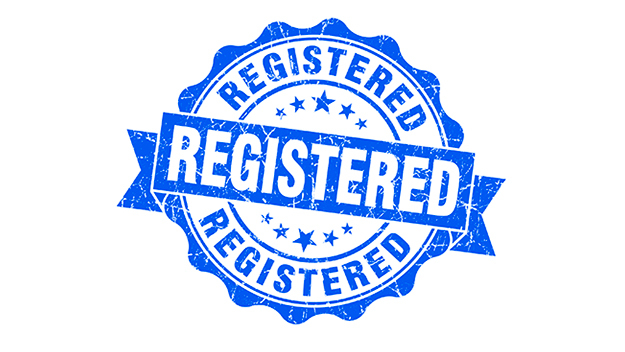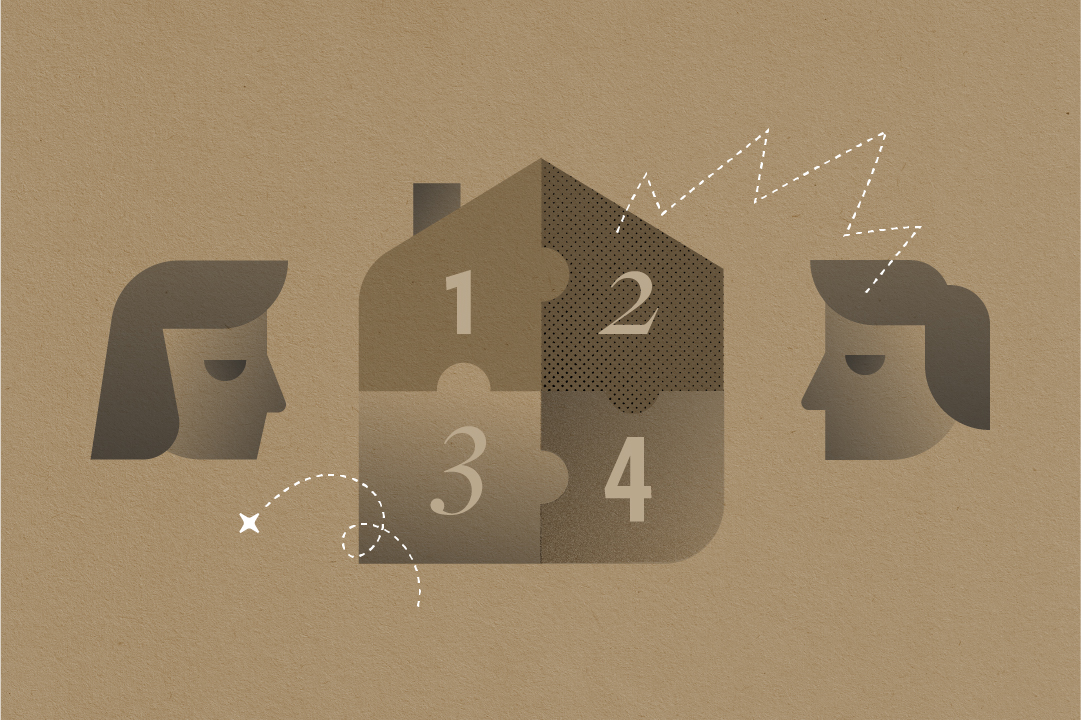A women who carries a pregnancy for another person is called the ‘Surrogate’.
When the child is born, the surrogate is the legal parent until such time as a parentage order is made by the Supreme Court of the relevant state or territory.
For example: Cathy and Jack cannot have a baby due to medical reasons. One of Cathy’s good friends, Angela has offered to be their surrogate. Angela’s Husband Bob, has agreed to this arrangement. After going through the surrogacy approval process, an embryo is fertilised into Angela by using Jack’s sperm and Cathy’s eggs. Angela falls pregnant and 9 months later, Angela gives birth to a baby boy. Cathy and Jack have decided to call him Harry.
At law, Harry’s parents are Angela and Bob even though they are not the biological parents (or intended parents). Angela and Bob will be put on Harry’s birth certificate as his parents.
The relevant state and territory legislation involving surrogacy (Parenting Act 2004 (ACT) and Surrogacy Act 2010 (NSW)), provides that the intended parents (Cathy and Jack), are able to apply to the Supreme Court for a parentage order. Cathy and Jack would apply for an order to transfer the parentage of Harry from Angela and Bob to Cathy and Jack. If the application is successful, Cathy and Jack will be the legal parents of Harry and will be able to apply to Birth Deaths and Marriages to amend Harry’s birth certificate.
If you are considering a surrogacy arrangement it is very important to get legal advice, whether you are the intending parent who wishes to use a surrogate or are the surrogate, you need to know how the law relating to surrogacy will affect you and your partner.
We can assist you with the surrogacy process, or with applying to the Supreme Court for a parentage order.
For more information, contact:








